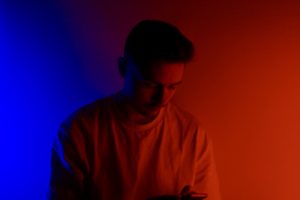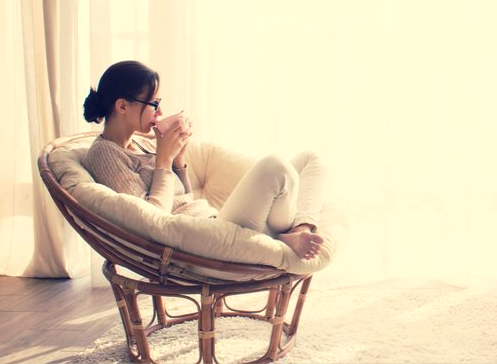You could be forgiven for thinking that lockdown gives introverts a chance to enjoy their occasional preference for seclusion. So hopefully the pandemic’s enforced periods of full or semi isolation have not reduced their health and happiness. Perhaps being at home holds few fears for the introverted. However it’s not that simple.
The term “introvert” was first coined by psychiatrist Carl Jung, who defined introversion as a “preoccupation with one’s inner world at the expense of social interactions.” Introversion exists on a spectrum, and 2011 research carried out by psychologists Jennifer Grimes, Jonathan Cheek, and Julie Norem divided introverts into four main types: the social introvert; the thinking introvert; the anxious introvert; and the restrained introvert. Research also shows that introverted behaviour may change over time, and in different settings. Although it is unlikely that a person will swing from being introvert to extrovert, they may well become less introverted, depending on what’s going on in their life.
The third week of March is always set aside for National Introverts Week, and this year the week is dedicated to confronting the stigma associated with introversion and to celebrate the inherent strengths and qualities that introverts have. In the spirit of this week, I asked three introverts the following question: “How has the pandemic affected you as an introvert?” Their responses are below.

“I was looking forward to not having to go out… or saying ‘yes’ to a lot of different plans.”
Victor Orti Torres, 25, spent his first half of the lockdown in Spain, his home country. Although he enjoyed being away from the busy work schedules of London and being with his family, Victor said he also sometimes felt “trapped” – particularly given Spain’s rules that keep everyone at home except for essential activities. But interestingly when lockdown restrictions lifted and he was able to come back to London during Tier 2 in July, leaving quarantine didn’t excite him as much as it would have most people. “I never felt like – oh how I missed this”, he told me. “I was looking forward to not having to go out, or saying ‘yes’ to a lot of different plans.” Now, he is just trying to find a “balance”.

“Because I don’t socialise that much, I feel less anxious.”
Monica Pluas, 20, is a university student who is at ease with online lectures and less human interaction. She compares her lockdown days to life before Covid and doesn’t find much difference. “Even before Covid I didn’t socialise as much. I was used to spending time at home… just doing things on my own”, she said. For the past two lockdowns her only social interaction has been with her family and close friends and she adds, “I didn’t feel the need to see other people”. Monica’s only stress now is the thought of going back to normal routine. “When everything starts to re-open, and I go back to work… it’s going to take me longer to get used to the social life.”

“There are certain things you can’t do, can’t see certain people… so that is always hard, even for an introvert.”
While extroverts might not dare miss a Friday night out with friends, introverts are more likely to get maxed out more quickly and to need to refuel their batteries. But as the comments below show, introverts can still appreciate the need to be sociable.
Nicholas Murphy, 22, is a psychology undergraduate who although an introvert has found the isolation of lockdown more of a challenge than the socialising that came before it. “It’s hard to quantify,” he said. “When I socialised with more people it made me feel more productive and purposeful.” And although socialising made him anxious, he also appreciates the benefits of it. “Even though they (social situations) exhaust me… I still enjoyed it at the time. There are certain things you can’t do, can’t see certain people… so that is always hard, even for an introvert.”
There is a great deal of evidence that mental health and wellbeing worsened during the first lockdown, and being confined to his apartment meant Nicholas’ deteriorated as well. Not being able to visit his parents in Brighton added to that. But with astonishing positivity Nicholas told me that having to find a way through this difficult time in fact helped his development, and that his mental health will end up, “better…. overall.”
Notions of what it is to be or not to be an ‘extrovert’ or an ‘introvert’ haunt online personality tests, astrology, and all sorts of other dubious practices. Both terms can be misused and exaggerated. The reality is that introverts don’t want to be alone all the time, and extroverts can appreciate moments of quiet. But whether we like human interaction or not, none of us like to be stopped from doing what we want to – and that loss of freedom has made lockdown stressful for us all – whether introvert or extrovert.

